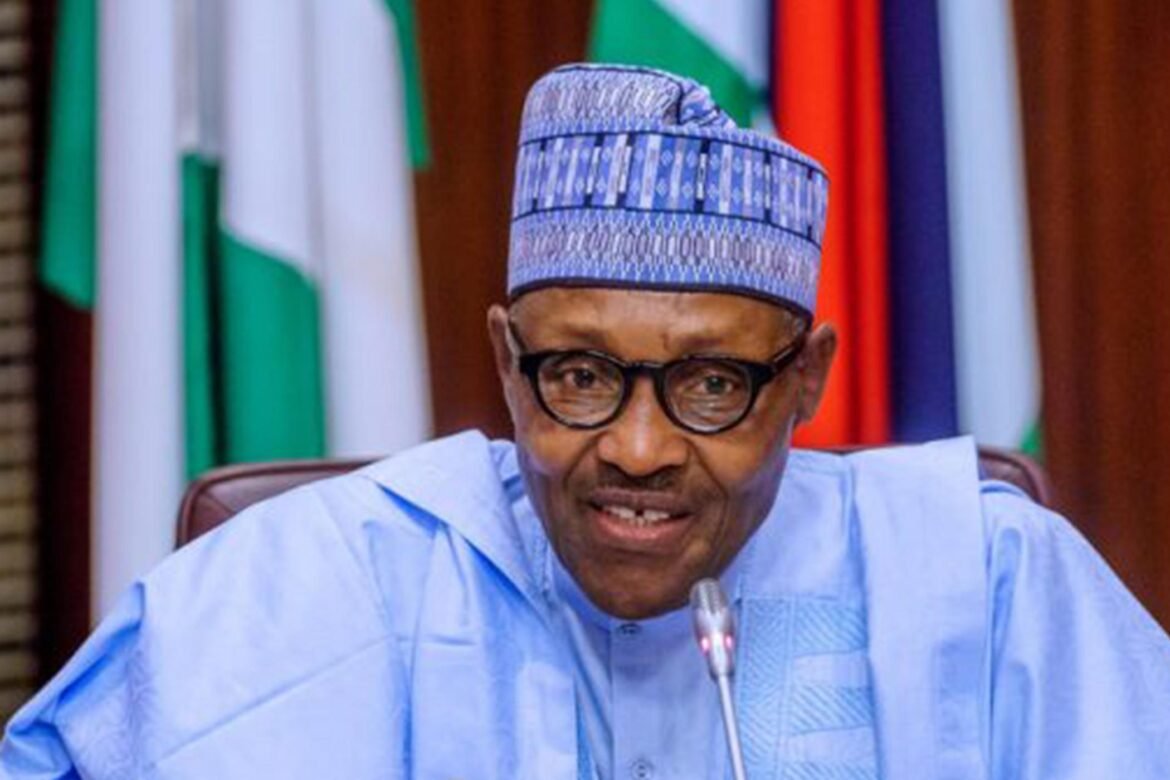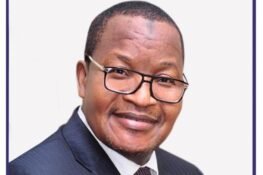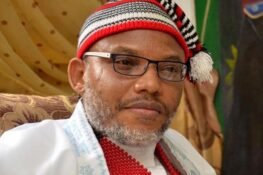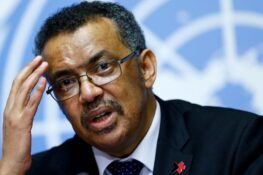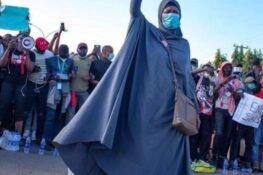President Muhammadu Buhari on Tuesday, through a virtual ceremony, oversaw the flag-off of the construction of the Ajaokuta-Kaduna-Kano Gas (AKK) pipeline project, saying that it would make a positive impact on the country’s economy.
It will gulp about $2.592bn, cutting across 614 kilometres in distance.
He listed generation of power from gas, establishment of gas-based industries, job creation, development of technical skills and technology transfers as some of the immediate benefits of the project to the nation on completion.
Kaduna, Niger, Kogi, Kano and the Federal Capital Territory are among the locations that gas-powered industries will be established or revived with the completion of the projects, according to the President.
Buhari, who said the project would also connect Rigachikun in Kaduna State, asked the Nigerian National Petroleum Corporation and its partners to remain focused, as the AKK project was part of his administration’s Next Level agenda for “sustainable development, enhancement of economic prosperity and increase of the country’s infrastructure assets.”
The President, who addressed participants at all the sites through teleconferencing from the Presidential Villa, Abuja, said, “We promised the Nation that we will expand the critical gas infrastructure in the country to promote the use of gas in the domestic market.
“These include the Escravos to Lagos Pipeline System – 2 (ELPS-2), Obiafu to Obrikom (OB3) pipeline and AKK.
“These projects are fundamental to our desire to industrialise and energise the entrepreneurial spirit that is ever present in our population.’’
While in Kogi, Governor Yahaya Bello flagged off the work in Ajaokuta, in Kaduna, Governor Nasir El-Rufai did in Rigachikun, and supervised by Buhari from Abuja.
The President seized the opportunity to speak on the impact of COVID-19 on the nation’s economy and why it had learnt to look inward to sustain its economy, going forward.
He added that part of the lesson was the need for the government to vigorously pursue its diversification policy.
“Gulf countries that have similar levels of gas reserves as Nigeria, have a strategy centred around gas-industrialisation as their foundation towards export diversification.
“This has to be our guiding principle as we seek to attract investment and create opportunities for our people”, he said.
He urged the private sector to support the government’s effort by investing hugely in the fresh opportunities provided by the project.
The president added, “As the world evolves, we owe our people the responsibility to prepare them for what the future holds. We, therefore, must be bold and fearless and can no longer be incremental in our approach.
“Time is short, and our people’s zeal is strong and palpable. Infrastructure development although long, tedious and complex remains a cardinal objective of our administration’s drive towards ensuring a stable, sustainable and more prosperous future for our citizenry.
“Today marks an important chapter in the history of our great Nation. It marks the day when our domestic natural gas pipeline networks; from Obiafu in Rivers State, Escravos in Delta State and Lekki in Lagos State, are being connected through Kaduna to Kano States thereby enhancing national energy security, creating balanced development, and further integrating our nation.”
So far, he disclosed that support came from the People’s Republic of China; the financiers the Bank of China and SINOSURE; and the two EPC Contractors (Brentex/China Petroleum Pipeline Bureau-CPP Consortia and Oilserve/China First Highway Engineering Company-CFHEC Consortia) for the execution of the project.
